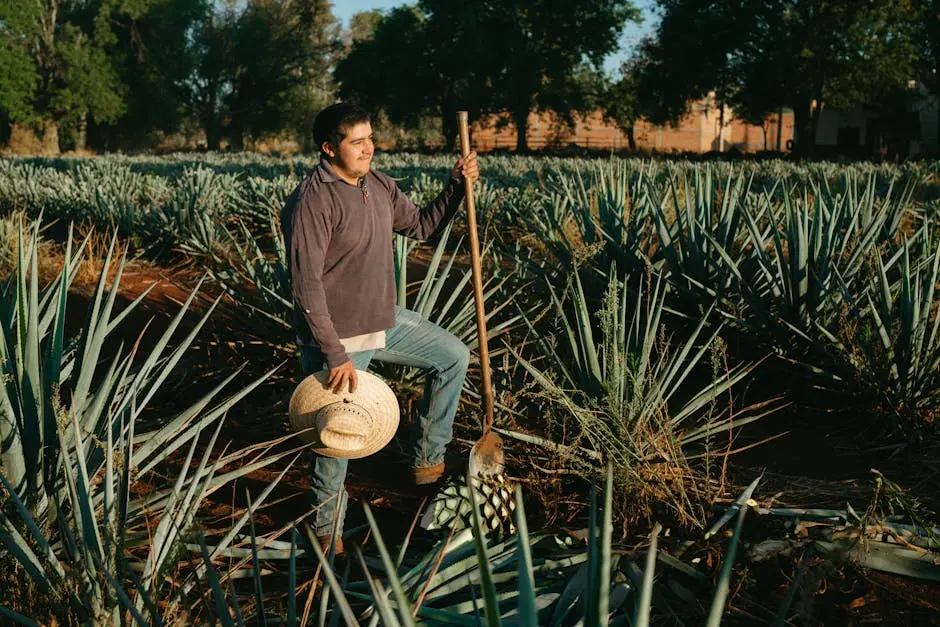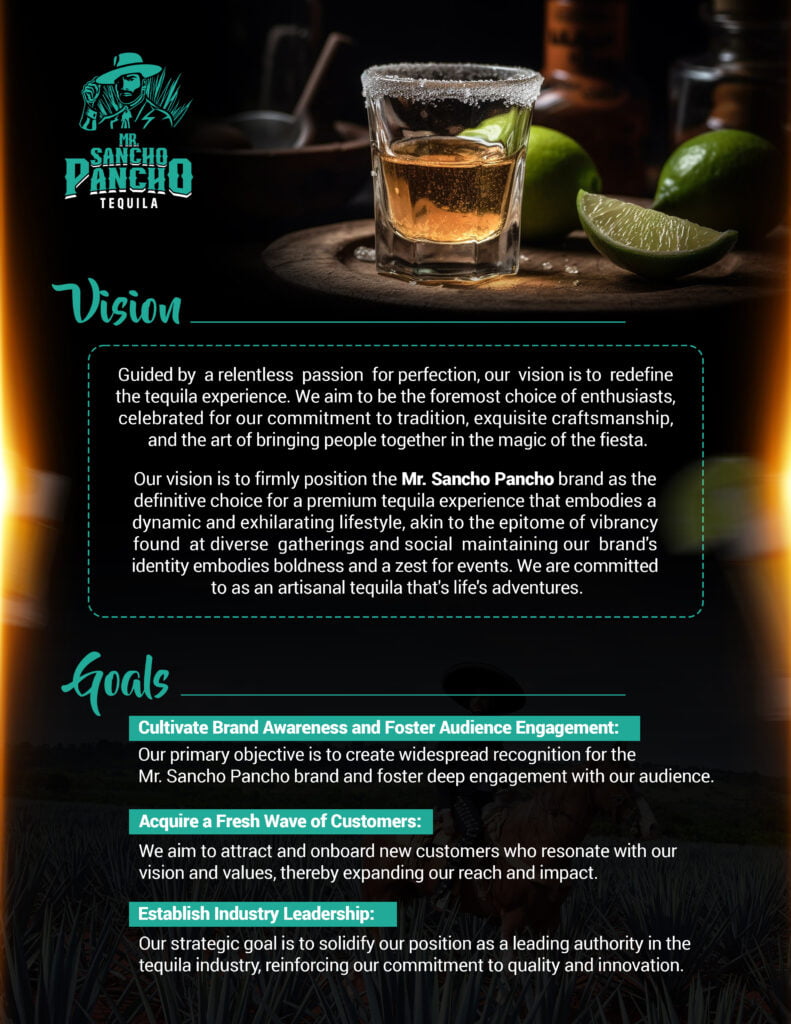Agave spirits have a rich and fascinating history that dates back thousands of years. Originating from the heart of Mexico, these spirits hold cultural significance and offer unique flavors that have been cherished by generations. Join us as we explore the intriguing journey of agave spirits from their ancient roots to their modern-day resurgence.
The Ancient Origins of Agave Spirits
Long before agave spirits became popular worldwide, indigenous peoples in what is now Mexico were fermenting and consuming these beverages. The agave plant, known for its resilience and versatility, played a crucial role in ancient Mesoamerican cultures. It was not only a source of nourishment but also utilized in rituals and ceremonies to honor deities, often symbolizing fertility and abundance. This plant’s significance is evident in various archaeological discoveries that reveal its extensive usage by civilizations such as the Aztecs and Mayans, who revered it for its divine properties.
In the heart of ancient tequila history lies the sacred tradition of making ‘pulque,’ a milky and slightly alcoholic drink made from the fermented sap of the agave plant. Pulque was consumed during special occasions and was often reserved for the upper echelons of society. Its production and consumption were shrouded in myth and legend, often associated with the gods, particularly the goddess Mayahuel, who was revered as the deity of the agave. Today, the reverence for the agave’s historical roots in pulque continues to influence modern distillation practices, reminding us of a time when these spirits were more than just a drink—they were a connection to the divine.
The Distillation Process: From Plant to Spirit
The transformation from agave plant to spirit is a complex and meticulous journey that showcases the artistry and patience of skilled distillers. It begins with the selection of mature agave plants, which can take anywhere from 7 to 10 years to reach maturity. After harvesting, these plants undergo a roasting process, traditionally done in stone pits, where the agave hearts, or piñas, are cooked to release their natural sugars. This step is crucial as it directly influences the flavor and profile of the resulting spirit, merging earthy tones with a hint of smokiness.
Following roasting, the agave is crushed to extract the sweet juice, or ‘aguamiel,’ which is then left to ferment naturally with wild yeasts. This fermentation period is where the magic begins, transforming the sugars into alcohol, a process that varies in duration based on environmental conditions and the specific type of spirit being produced. Distillation, the next pivotal step, involves heating the fermented liquid to isolate and purify the alcohol. This can be performed in traditional clay pot stills or modern copper stills, each method offering distinct characteristics to the final product. Whether it is the smooth, clean finish of tequila or the complex, rich layers found in mezcal, the meticulous journey of distillation brings alive the soul of the agave spirit.
Varieties of Agave Spirits: Tequila, Mezcal, and More
Each agave spirit has its unique characteristics and flavors, owing to the type of agave used and the methods of production. Tequila, perhaps the most well-known, must be made from at least 51% Blue Weber agave and is primarily produced in Jalisco and a few other regions. Its crisp, bright notes of citrus and pepper make it a favorite in cocktails such as the classic Margarita. In contrast, mezcal can be made from various types of agave, often cooked with wood in traditional earthen ovens, imparting a smoky flavor that sets it apart from its refined cousin, tequila.
Beyond tequila and mezcal, there are other equally fascinating agave spirits such as sotol, bacanora, and raicilla, each carrying the essence of its local traditions. Sotol, derived from the ‘Dasylirion’ plant, offers a grassy, herbaceous profile, while bacanora provides a smokier edge similar to mezcal but lighter on the palate. Raicilla, with its complex array of flavors, is enjoying newfound popularity amongst spirit enthusiasts. Understanding these varieties is essential for any agave aficionado, as the diverse landscapes and climates of Mexico shape each spirit’s unique identity.
The Cultural Significance of Agave Spirits
Agave spirits are deeply embedded in Mexican culture, celebrated in festivals, and cherished in family traditions. These spirits serve as embodiments of communal ties, often shared during celebrations like weddings and religious festivals such as the Day of the Dead. They symbolize unity and connection, reflecting the culture’s deep-seated values where family and community reign supreme. Traditional music and dances often accompany these gatherings, showcasing the communal joy shared over a glass of mezcal or tequila.
In many regions, the production of these spirits is a family affair, with skills and recipes handed down through generations, preserving and nurturing the cultural heritage. The significance of agave spirits transcends mere consumption; it is about maintaining a link to the past while embracing the future. For those who wish to delve deeper into this rich cultural tapestry, visiting local mescaleras and tequileras can offer an authentic experience, immersing oneself in the rich history and traditional practices that continue to define Mexico’s spirit industry.
Agave Spirits in the Modern World
In recent years, agave spirits have gained global recognition, appealing to connoisseurs and novices alike. Their rise in popularity reflects a broader trend where consumers are seeking authentic, artisanal products. The versatility of agave spirits makes them a staple in the evolving world of cocktails, with mixologists creatively incorporating them in contemporary drinks that are gaining popularity worldwide. From the classic Paloma to inventive new creations, agave spirits provide the backbone to a myriad of delightful libations.
Beyond cocktails, the appreciation for agave spirits is evident in the growing interest in straight sipping, especially with aged varieties of tequila and mezcal that offer rich, deep flavors akin to fine whiskies or rums. This resurgence has also spurred interest in sustainable farming practices for agave cultivation, ensuring that these precious resources are preserved for future generations. Interested enthusiasts can learn more about these developments and explore an array of premium options available here.
Embracing the Legacy of Agave Spirits
Agave spirits are more than just a beverage—they are a testament to cultural heritage, tradition, and the artistry of distilling. Whether you’re sipping a fine tequila or exploring the depth of mezcal, these spirits offer a taste of history and craftsmanship. As we continue to appreciate and understand agave spirits, we continue to honor the rich legacy they represent. Discover more about our offerings and how they embody this heritage by visiting Mrs. Ancho Pancho.















